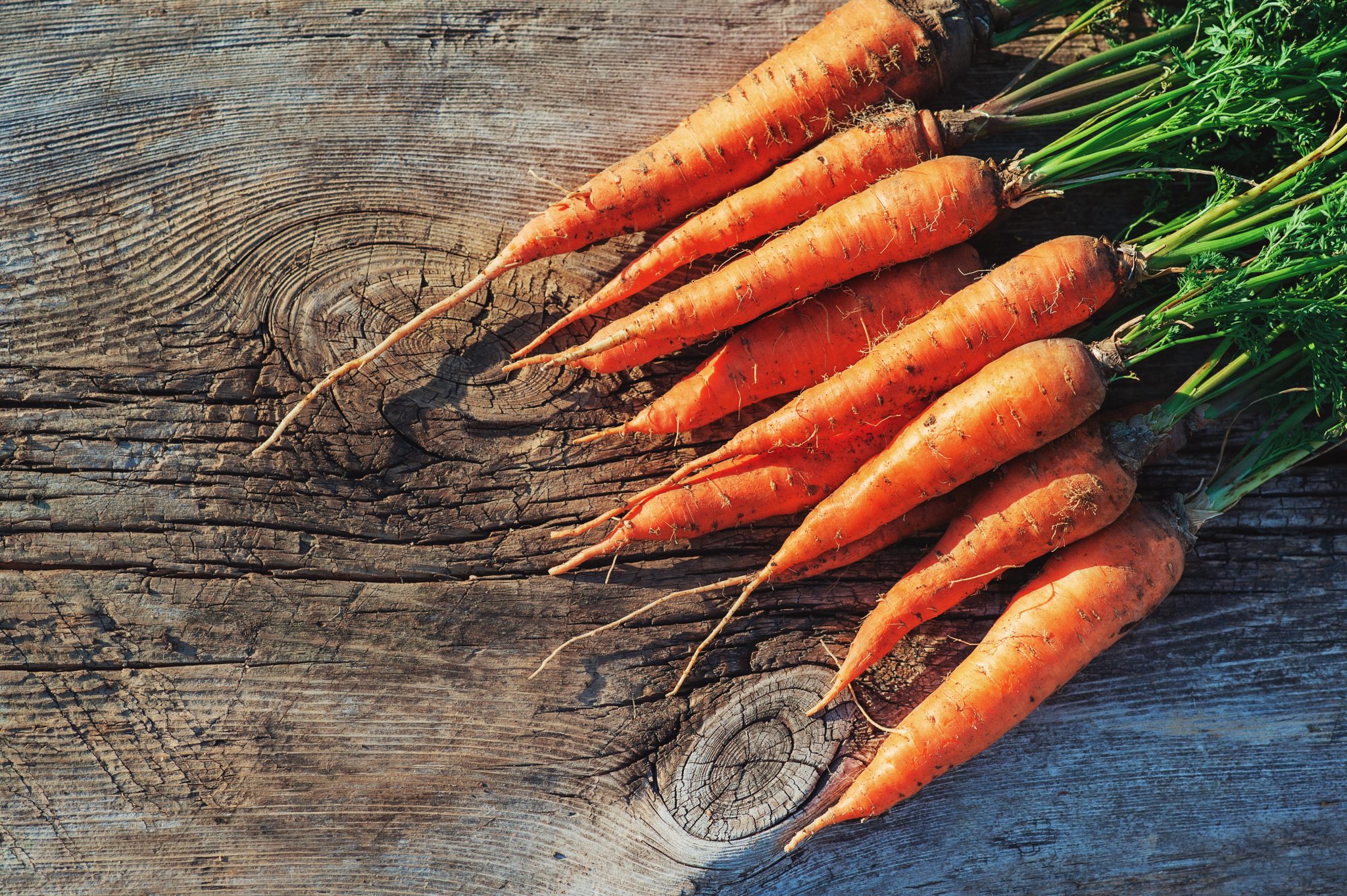I’m glad you’re here. I’ll discuss “How Long Do Carrots Last” in this article. I sincerely hope you find this information to be useful. Discover how long do carrots last and how to store them to keep them fresh and delicious for as long as possible. Learn about the signs of spoiled carrots and how to prevent food waste.
Introduction
According to me, a wholesome and adaptable vegetable, carrots🥕 can be used in a variety of dishes, from soups and stews to salads and snacks. Have you ever wondered how long carrots🥕 stay fresh, though? You know how depressing it may be when you discover a bag of limp, wilted carrots🥕 in your refrigerator.
We’ll delve more into how long carrots🥕 last, the best methods for storing them, and how to determine whether they’re past their prime in this post. This information will help you preserve the flavor and freshness of your carrots🥕 for as long as possible, whether you’re a home cook, a chef, or just a carrot🥕 enthusiast.
How Long Do Carrots Last : Watching This Video
How Long Do Carrots Last?
Carrots🥕 can have a different shelf life based on a number of variables, including the type of carrot, how it is stored, and the temperature of your refrigerator or pantry. Here are some broad rules concerning the shelf life of carrots🥕:
- Carrots🥕 whole: 2-4 weeks
- 1-2 weeks for baby carrots🥕
- Carrots🥕 that are cut or peeled: 7–10 days
It’s crucial to keep in mind that these are only estimates and that your carrots🥕 may last a different amount of time in reality. Even if your carrots🥕 are still technically okay to eat, their quality can degrade over time.

How to Store Carrots
Your carrots🥕 will stay as fresh as possible if you store them properly. Following are some suggestions for storing carrots🥕:
- Keep them dry: If you bring home damp carrots🥕 from the store, be sure to pat them dry right away because moisture might make them decay more quickly.
- Put them in the refrigerator: To delay aging, carrots🥕 should be kept in the refrigerator. To keep moisture from accumulating, store them in an airtight container or plastic bag.
- Keep them away from produce that produces ethylene: Some fruits and vegetables release the gas ethylene as they mature, and this gas can hasten the ripening and spoilage of neighboring produce. Apples, bananas, and tomatoes are ethylene producers; keep carrots🥕 away from them.
Signs of Spoiled Carrots
Carrots🥕 can deteriorate over time even with the greatest storage techniques. Here are a few indicators that your carrots🥕 might be bad:
- Soft or mushy texture
- Slimy or moldy appearance
- Foul smell
- Discoloration or browning
It is preferable to discard your carrots🥕 if they exhibit any of these symptoms rather than run the risk of getting ill from consuming contaminated food.
FAQS
A: To keep carrots🥕 as fresh as possible, it is better to put them in the refrigerator. You can keep them at room temperature for a few days if your refrigerator isn’t full.
A: few hours of soaking in a bowl of cold water will help revive wilting carrots🥕. They should regain their sharpness as a result.
A: დიახ, washing carrots🥕 before storing them is a good idea to get rid of any dirt or debris that may be on them.
A: Whether you choose to peel carrots🥕 before storing them is up to you. For more flavor and nutrition, some individuals choose to keep the skin on the food.
A: You can keep carrots🥕 with their greens attached in storage. Before placing the carrots🥕 in the refrigerator, be sure to remove the greens, as doing so can cause the carrots🥕 to lose moisture more quickly.
A: Carrots🥕 shouldn’t be kept in water because doing so can result in them being soggy and losing their flavor and texture.
A: As long as they don’t create ethylene, you can keep carrots🥕 with other veggies. To prevent any possible cross-contamination, it is recommended to store them separately.
A: Carrots🥕 can be frozen to increase their shelf life. For more details on freezing carrots🥕, go to the section above titled “How to Store Carrots🥕.”
Additional FAQs of How Long Do Carrots Last
A: Fresh carrots🥕 have to be smooth, firm, and colorful. They ought to smell little pleasant as well.
A: You may utilize leftover carrots🥕 in a variety of dishes, including salads, stir-fries, soups, and stews. For use in spreads or dips, they can be be toasted or pureed.
A: harmless substance known as bloom is the white film that coats carrots🥕. Before eating the carrot🥕, you can simply wipe it off with a moist cloth or peel it off.
A: Baby carrots🥕 keep in the refrigerator for two to three weeks after being opened.
A: Check the tiny carrots🥕’ surface for evidence of mildew or sliminess. They might be spoiled if they smell funny or feel slimy.
A: While brown carrots🥕 may still be safe to eat, their flavor may not be as nice as that of fresh carrots🥕. Simply remove the brown areas of the carrot🥕 and utilize the remaining portions.
A: Avoid overcooking carrots🥕 and put them in the fridge as soon as you can after buying them to prevent them from becoming mushy.
Conclusion
According to me, understanding how long do carrots🥕 last and how to store them effectively may help avoid food waste and guarantee that your carrots🥕 stay as fresh and delectable as possible for the longest time. You can increase the lifespan of your carrots🥕 and take advantage of their numerous health advantages in a range of recipes by using the advice in this article.